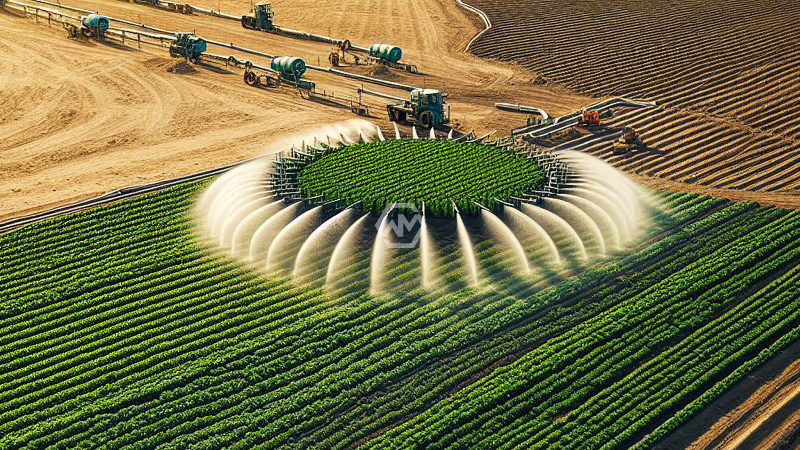- Al Dahra issues its first carbon credits from Romanian soil sequestration.
- Regenerative farming now spans 35% of its global farmland.
- Despite climate hurdles, emissions dropped 7% and water use efficiency improved.
Al Dahra’s 2024 Sustainability Report marks a pivotal step in its environmental journey, spotlighting the company’s first issuance of carbon credits from operations in Romania.
Despite facing intensified weather conditions that drove up energy use for irrigation and cooling, Al Dahra successfully lowered total emissions by 7%, bringing its carbon footprint to 435,000 tonnes CO₂e.
Sowing Sustainability: Al Dahra Issues First Carbon Credits Amid Climate Pressures
The company’s most groundbreaking achievement in 2024 was the generation of its first carbon credits in Romania, enabled by measurable gains in soil carbon retention. This milestone demonstrates that sustainable agriculture can offer not only environmental but also financial returns, as carbon markets become increasingly central to global climate solutions.
Increased adoption of regenerative practices across 35% of Al Dahra’s farmland represents tangible progress toward long-term ecological goals. These farming methods enrich soil health, reduce chemical input reliance, and promote biodiversity—outcomes essential to meeting the company’s 2030 regenerative target.
On the operational front, Al Dahra made strategic technology upgrades to mitigate climate risks and boost efficiency. The integration of smart irrigation and soil monitoring tools across farms helped optimize water use, which dropped to 376 cubic meters per tonne of output. Additionally, a comprehensive mapping of logistics-related emissions offers a clear path for future reductions.
Social responsibility also featured prominently in the report. Female representation in senior leadership rose to 14%, moving steadily toward the 18% benchmark set for 2030. Alongside environmental efforts, the company is focused on cultivating a more inclusive and resilient workforce.
Al Dahra’s latest report showcases how bold action, innovative technology, and responsible leadership can collectively drive meaningful environmental and social change—even amid mounting climate adversity.
“The greatest threat to our planet is the belief that someone else will save it.” – Robert Swan



